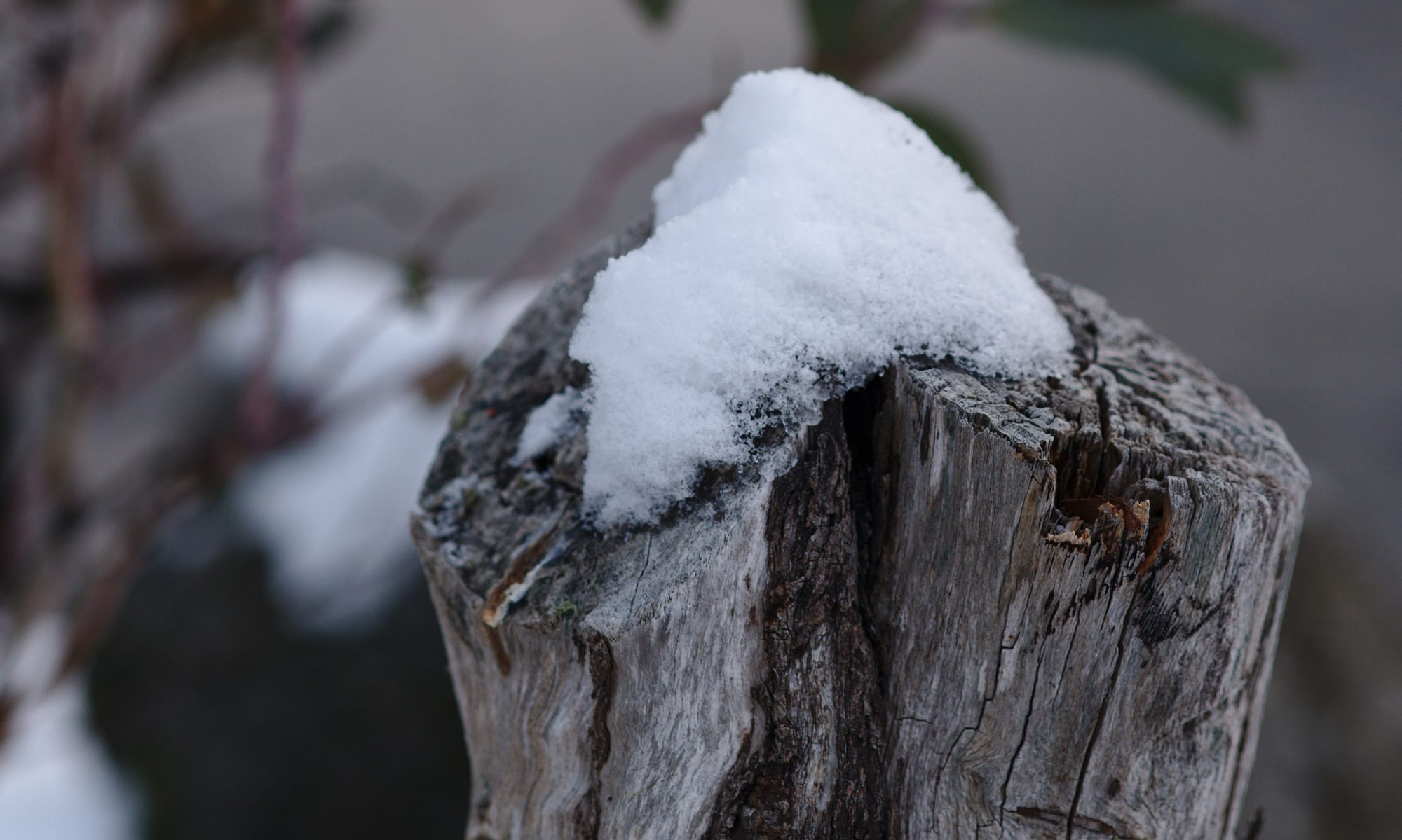This is much more of a quick post than my post about Skud, but a call to highlight Australian women pioneers in science and technology reminded me of idly flicking through a CSIRO internal publication a year or two back and discovering Frances Elizabeth ‘Betty’ Allan.
The CSIRO is Australia’s government research organisation. Allan was CSIRO’s first statistician. John Field has written a lot about her at CSIRO’s first statistician, Miss Frances Elizabeth ‘Betty’ Allan:
… The first of these [early biometricians at CSIR, the first three of whom where women] was Frances Elizabeth Allan. On return from Rothamsted, she took up duty with CSIR on 29 September 1930, seventy-five years ago.
Over the next decade she championed and demonstrated the usefulness of biometrics – the application of statistics to biology, often now called biostatistics – throughout the organisation and beyond. Her work was highly valued; she devoted her energies to helping other researchers rather than establishing her own scientific reputation. She is remembered by those who knew her as kind-hearted, considerate and easy to work with.
Allan’s marriage and therefore, by law, her retirement, occurred at more or less the same time as the formal establishment of a Biometrics Section in CSIR, forerunner to the present-day CSIRO Mathematical and Information Sciences. Allan’s legacy is a CSIRO Division which employs scores of statisticians from Australia and overseas. These people are working on problems and conducting research with an impact that Betty Allan would certainly be proud of.
It’s already easy to forget that women were required to retire from many jobs upon marriage as a matter of law until well within many people’s living memory (mine, for a small number of women in Australia). It was still the case at the time of the publication of The Female Eunuch, and, in Australia, it was occasionally required until the passing of the Federal Anti-Discrimination Act in 1986.
